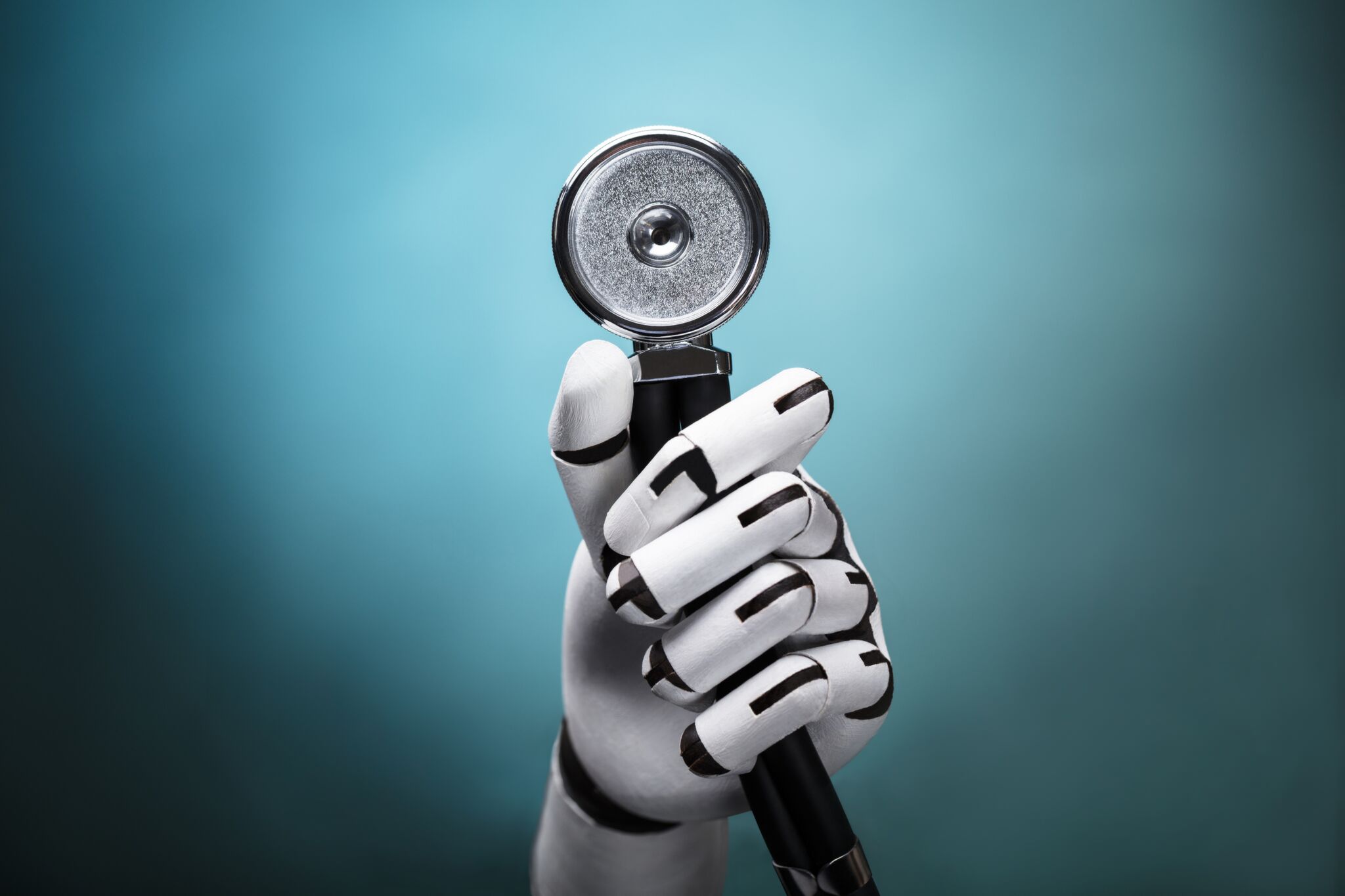
It’s all AI on deck as healthcare systems battle COVID-19, but while much of the focus has been tapping AI to help understand and trace the virus, stakeholders say there are still a number of ways the new technologies can help with more ancillary challenges stemming from the pandemic.
Writing recently at Forbes, Neil Sahota, an AI adviser and professor at UC Irvine, pointed to five key areas AI could be focused on for added help.
First, he said, even as providers battle the current pandemic, healthcare researchers can tap AI to help anticipate likely future mutations. “(B)y by applying environmental factors, AI can present healthcare researchers with 10-20 most likely mutations for the upcoming seasons. Armed with this knowledge (and virus genomics), researchers could start identifying preventive measures, or perhaps even a ‘flu shot’, before the viral outbreak occurs.”
Next, he noted that while AI is already being leveraged to help manage supply chains of equipment and people, there is more that can be done. For example, “(w)e already have AI tools and deep analytics solutions that can be applied to predict Covid-19 hotspots allowing us to more effectively route medical supplies and equipment as well as healthcare practitioners, (and) we can leverage real-time micro-location technology such as SmartPoint to load balance where people are sent for Covid-19 testing and medical treatment to minimize wait times (and exposure to other people) and test result time by not overloading a few labs to process most of the tests.”
Third, Sahota points to an issue that tends to hover just out of view of much reporting, but that has significant nationwide implications: securing our food supply as the pandemic impacts agricultural markets and labor supply.
As Sahota sees it, among other things, farmers can leverage AI to “improve crop yields by as much as 30% while using less topsoil and water” by analyzing real-time data on weather, soil conditions and the impact of insects and pests.
Looking down the road, Sahota sees a growing role for AI in the wake of the massive job losses caused by the pandemic. For example, he says, the World Economic Forum has recommended retraining unemployed people as community health workers to help combat the Covid-19 outbreak, and “we can build upon online learning by leveraging AI mentors (and in cases where we people have access, virtual reality) to teach people advanced skills.”
Last but far from least, Sahota talks up the role AI can play in helping us contend with the growing mental health problems – whether due to the stress of lost income, social isolation or the effects of the disease itself – that are accompanying the pandemic.
Here again, however, AI can help. “Thanks to the psychographic profiling capabilities of AI, we can create a non-judgmental AI outlet for people to talk with and help maintain good mental health practices,” he says, and with a growing selection of AI solutions, people can “deal with their stress and get assistance in recognizing if they need more serious help, like talking with a human therapist.”


